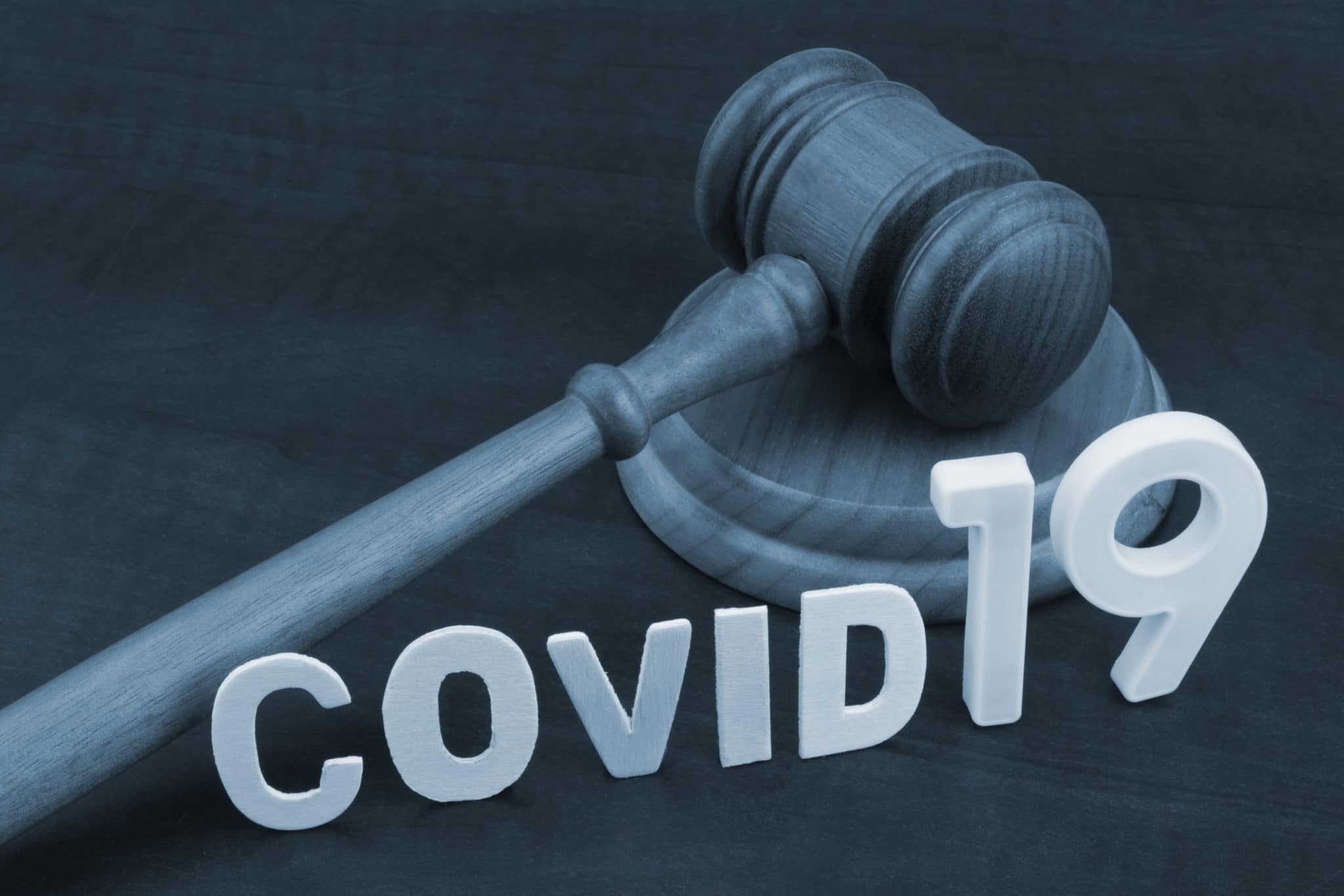As HLA is known as a premier litigation firm, we have been receiving multiple inquiries from potential clients regarding the possibility of suing hospitals, nursing homes, and employers for failure to implement adequate safety measures to protect patients, residents, and employees from exposure to COVID-19. This issue is particularly relevant to health care workers who worked in facilities that did not institute proper safety measures or provide adequate protective equipment before and during the early period of the pandemic breakout.
Liability for COVID-19 related negligence is inherently difficult to establish. It is often difficult to prove the source of the infection – did the exposure take place at work, at home, in a social setting, or from a friend or visitor? These issues arise not only to prove negligence for injured or deceased relatives but also when business loss and interruption claims are brought against insurance carriers.
The State of Florida ( as well as many other states) has made bringing COVID-19 claims much more difficult by the passage of legislation entitled the Covid-19 Liability Protection Act which has created a heightened standard of proof required to establish the claim and other impediments.
Under this new legislation, in order to sue a business:
- A Plaintiff must file an affidavit from a licensed physician that “within a reasonable degree of medical certainty” that the injury, death, and damages were the result of the Defendant’s actions.
- A Plaintiff must show that the Defendant failed to make a “good faith effort” to comply with the prevailing health standards at the time of infection with COVID-19
- A Plaintiff must prove that Defendant was “grossly negligent” in its effort to comply with the prevailing health standard
- A Plaintiff must prove gross negligence by “clear and convincing evidence”. The burden of proof in an ordinary negligence case is “the greater weight of the evidence”, a much lower burden.
- A Plaintiff must bring his case within one (1) year or the claim will be time-barred by the Statute of Limitations. Ordinary negligence cases must be brought within four (4) years; medical malpractice cases must be brought within two (2) years.
Health Care Providers (hospitals, home health agencies, nursing homes, doctors, nurses, physician assistants, dentists, pharmacists, optometrists, physical therapists) have additional protections against malpractice claims under the law, including:
- A Plaintiff must plead his/her claim with specificity (not just state a cause of action)
- A Plaintiff must prove gross negligence or intentional misconduct (as opposed to ordinary negligence
- A Health Care Provider is protected from the claim if “substantial compliance” with government standards can be shown
It should be clear that is very challenging to bring a successful COVID-19 related claim against businesses or in the form of a malpractice action. A careful review of the claim will be made by an attorney experienced in health-related matters to determine the likelihood of overcoming legislative and factual barriers.

